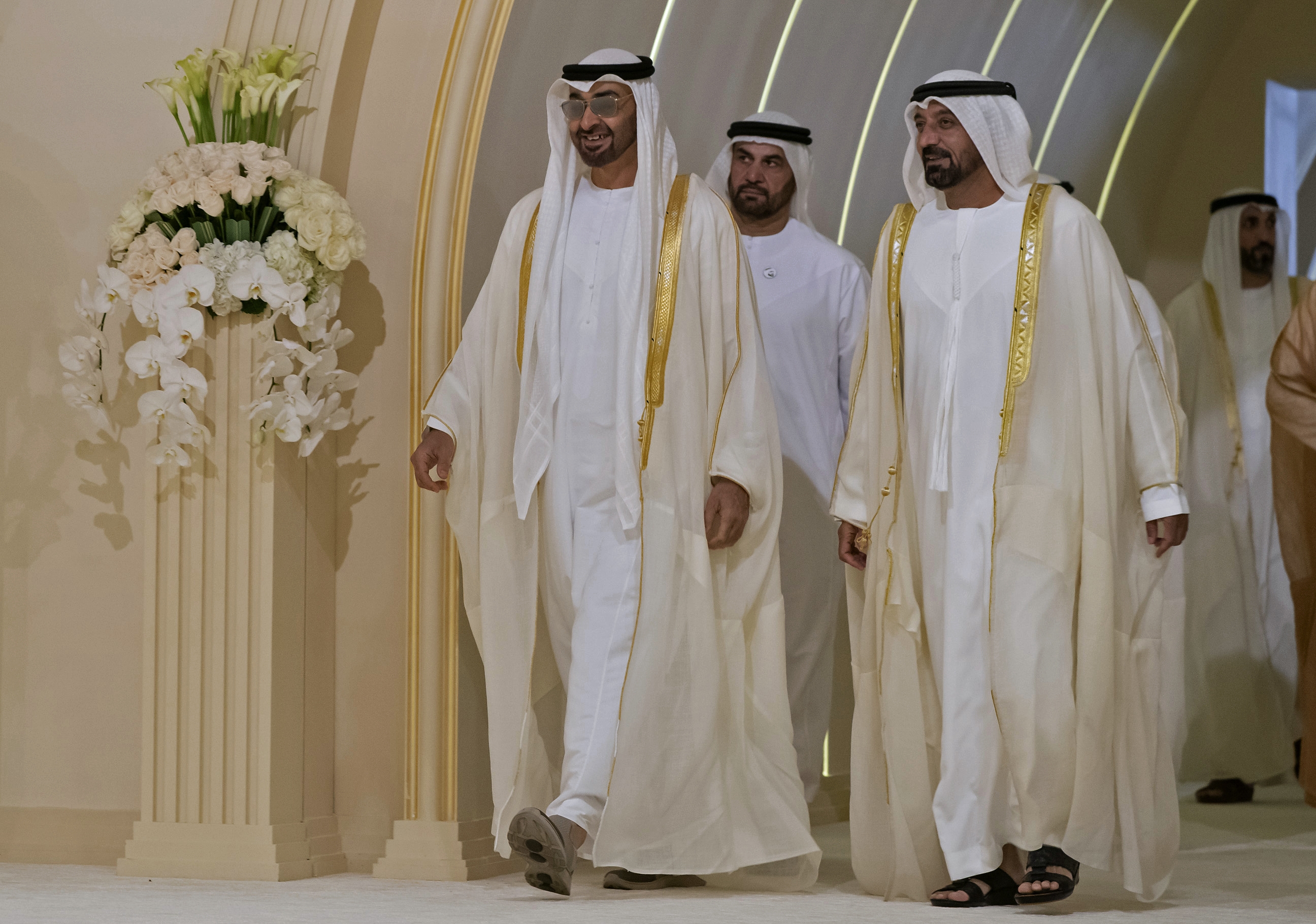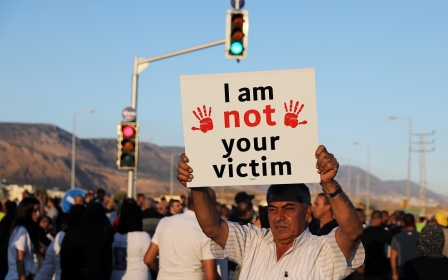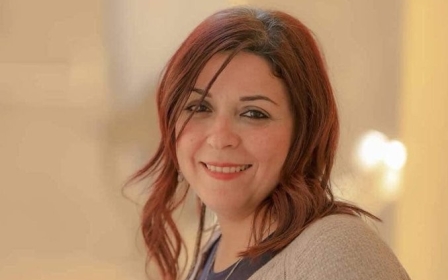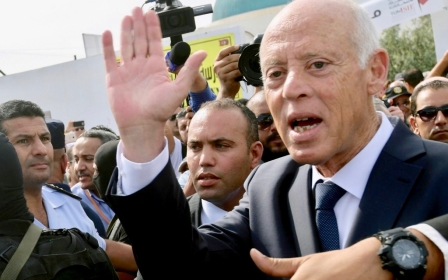Arabic press review: UAE puts forward initiative to settle conflict with Iran

The United Arab Emirates had put forward an initiative to "settle political issues with Iran" in light of the recent improvement in relations between the two countries, the Iranian presidency said on Thursday.
Mahmoud Vaezi, the chief of staff of president of Iran, welcomed the move by the UAE. "Iran's foreign policy has always been based on friendly relations with neighbouring countries," the Iranian news agency (IRNA) quoted him as saying.
Tensions between Tehran and Gulf countries have been high since four tankers were attacked off the Emirati port of Fujairah earlier this year, followed by an attack in September on a Saudi oil facility that was claimed by Yemen’s Houthi rebels but blamed on Iran.
But recent signs, including a visit by UAE's national security adviser and the crown prince's younger brother Tahnoun bin Zayed, have shown that the country has been treading its own, softer line with Tehran amid the Gulf crisis.
“All countries, even those adhering to United States policies in the region, are looking forward to resolving outstanding political issues and establishing relations based on friendship with Iran,” Vaezi said.
New MEE newsletter: Jerusalem Dispatch
Sign up to get the latest insights and analysis on Israel-Palestine, alongside Turkey Unpacked and other MEE newsletters
Israel and Egypt involved in torture
Israel has legalised torture while Egypt is systematically using it, international experts said during Prevention of Torture conference on Tuesday, where they noted the widespread of torture and human rights violations in the MENA region.
The experts pointed out that Egypt, Saudi Arabia, Iran, and Israel are practicing torture, even though these countries have signed the International Convention for the Prevention of Torture, according to the London-based newspaper, Al-Quds Al-Arabi.
Jens Modwig, chairperson of the Committee against Torture, was one of the experts who file periodical reports to the Human Rights Council and the United Nations committees.
He said that being a member of the convention of the torture does not only mean refraining from practicing torture, but also implies adopting a wide range of precautionary measures against torture.
"We conducted a thorough review of the file of Israel three years ago and we strongly criticise the way Israel is treating Palestinian prisoners. We are aware that the Israeli Supreme Court has legalised some of torture practices, to which we are detractors,” Modwig said when asked about the panel’s relationship with Israel and whether they were allowed entry to investigate the use of torture in prisons.
Referring to the situation in Egypt and Saudi Arabia, Niels Melzer from the Special Rapporteur on Torture said he had requested to visit Egypt, but had not yet received a response.
Melzer said Cairo cancelled a joint conference that the experts had requested to hold to review the mechanism against torture and the extent of Egypt’s commitment to the convention.
Human Rights Watch, whose work is currently banned in Egypt, has estimated that around 60,000 political prisoners have been detained since President Abdel Fattah el-Sisi took power in 2013. Many of those have reported torture and other forms of abuse in detention.
Ennahda begin unofficial negotiations to form a government
A leading figure in Tunisia’s Ennahda, which recently won the parliamentary elections, said in an interview with Arabi21 that the party had started negotiations to form a government.
“There is no official action, but some side consultations are just starting and are expected to increase after… the acting-president Kais Saied is sworn in,” Abdellatif Mekki said.
In Tunisia, the president invites the winning party to start the negotiations for government formation.
"These are informal negotiations, a sort of chat between friends and colleagues ," Mekki said.
Mekki could possibly be nominated as the country’s next prime minister or could hold an important position in the future government, according to leaked information.
Saied, a political outsider and a retired constitutional law professor, on Sunday won Tunisia’s second free presidential election since the Arab Spring in a landslide, securing 72.71 percent of the popular vote, according to the country's electoral commission.
*Arabic press review is a digest of reports that are not independently verified as accurate by Middle East Eye.
Middle East Eye delivers independent and unrivalled coverage and analysis of the Middle East, North Africa and beyond. To learn more about republishing this content and the associated fees, please fill out this form. More about MEE can be found here.




